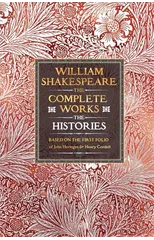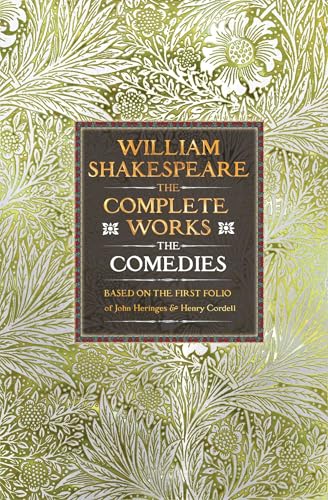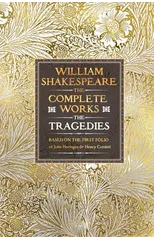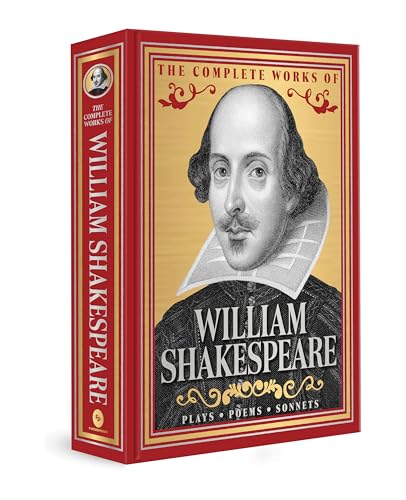The First Folio of 1623 was prepared for print by two members of Shakespeare's acting troupe -- John Hemings and Henry Condell -- which included comic actor Will Kemp and the great tragedian Richard Burbage. In a fascinating and detailed introduction, Freeman points out that because Shakespeare and his colleagues wrote from a rhetorical tradition -- a society where the emphasis was on the spoken word -- he wrote with an eye to how he wanted his plays performed, giving as much direction as possible to his actors. Freeman looks at what is known of the printing of that First Folio and analyzes the variations between the First Folio, later Folios, Quarto editions (where available) and modern editions of the plays. He examines the "corrections" made by editors over the centuries that have shaped the way we perceive Shakespeare today -- from the regularization of verse, to the changes from prose to verse (and vice versa) and the standardization of character prefixes. Copyright © Libri GmbH. All rights reserved.
William Shakespeare
William Shakespeare was an English playwright, poet, and actor, widely regarded as one of the greatest writers in the English language. He is known for his numerous plays and sonnets, which have had a profound impact on literature and theater. Some of his most notable works include "Romeo and Juliet," "Hamlet," "Macbeth," and "Othello." Shakespeare's writing is characterized by his use of intricate language, complex characters, and universal themes such as love, jealousy, power, and ambition. His works have been translated into every major language and are performed around the world to this day. Shakespeare's influence on literature, drama, and the English language is immeasurable, and his legacy continues to endure centuries after his death. His most famous work is arguably "Romeo and Juliet," a tragic love story that has become a timeless classic.





